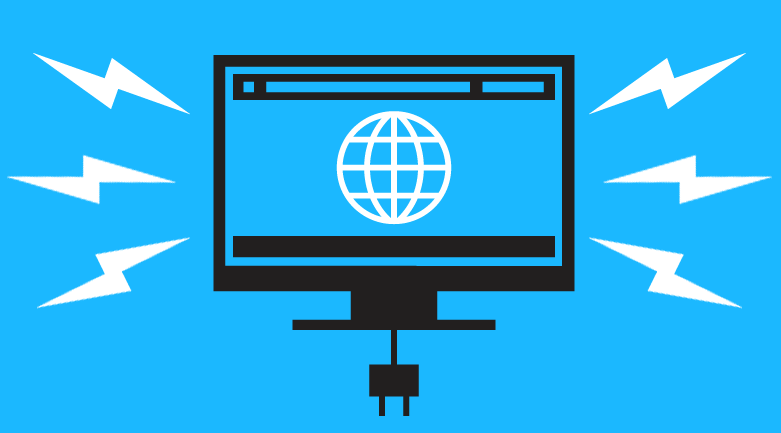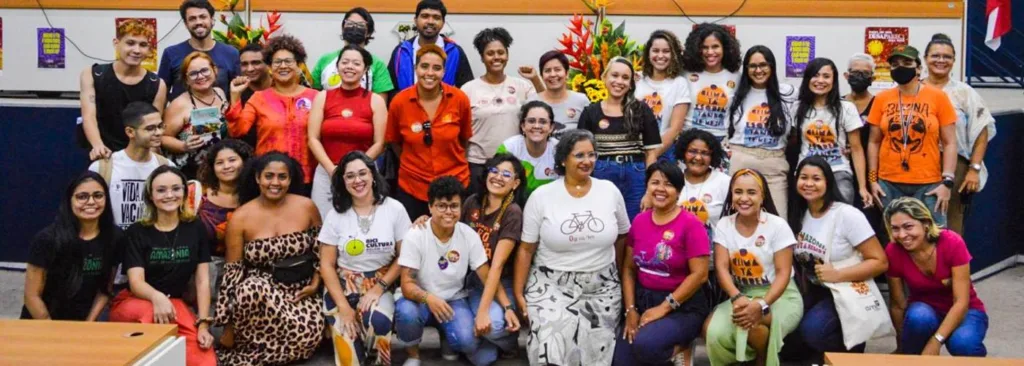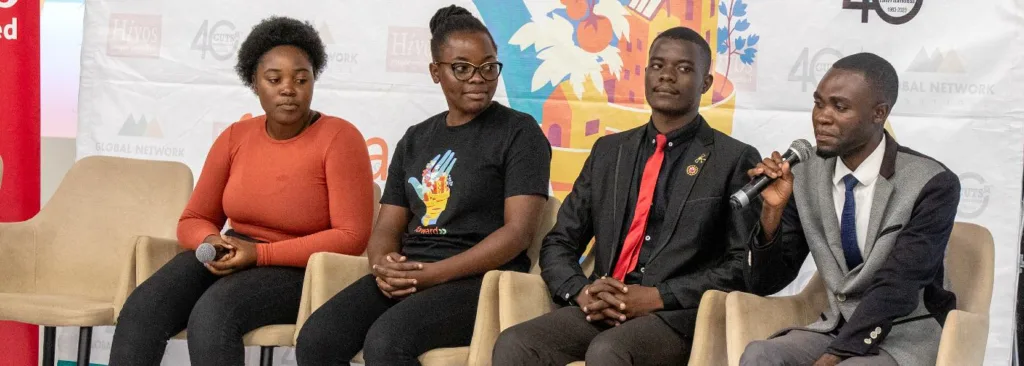The city of Valencia hosted the 3rd Internet Freedom Festival from 5-10 March 2017. The festival brought together a diverse group of over 1200 people from 114 countries to discuss issues related to privacy, anonymity, access to information and policy and advocacy for Internet freedom. Internet Freedom in Africa was widely discussed with the issues of privacy, repressive regulations, Internet shutdowns, and user awareness on rights and government surveillance. Hivos East Africa hosted a session on mapping Internet Policy in East Africa and participated in various conversations around Internet freedom in Africa.
Few actors engaged in Internet Freedom Advocacy in East Africa
Increased access to the Internet in East Africa has enhanced innovation, propelled entrepreneurship and created new spaces where citizens can access information as well as widening the scope to express their views whilst holding state and non-state actors to account on development obligations. The increased availability of the Internet and citizens voices online has led to governments adopting diverse legal and policy positions aimed at effecting controls on regulation and censorship of different forms of expression online. The legal and operational environment for Internet Service Providers (ISPs) in the region and continent lacks measures that would obligate them to protect freedom of expression, access to information, privacy among other rights. User rights online are viewed from a consumer rights perspective with issues of privacy and surveillance not seen as concerns among Internet users. Civil society has in this instance unsuccessfully engage with government and private sector on the application of human rights standards in policies that are geared towards the Internet. Advocacy for Internet freedoms has been left to civil society organizations with a core mandate to protect digital rights and who are very few in the region. Concerns have been raised on the funding support towards Internet freedom in the region where only a handful of funders are seen to be supporting Internet freedom initiatives. The technical community from East Africa is missing in the policy discourse, leaving the applications of Internet standards to policy makers who often times are ill equipped and lacking in technical knowledge on Internet issues. Public participation takes place in the final stages of policy making with policy documents released with tight deadlines for public comments. It is also unclear how and if recommendations made by the public are incorporated in policies. This has resulted in expedited laws with massive effects on human rights experienced online and other digital platforms. Advocacy efforts are in turn reactive where attempts of reversing retrogressive regulations and legislations often seen as a tedious and expensive process with minimal impact.
Collaborating for Internet Freedom
The underlying challenges for the enjoyment of Internet Freedom present an urgent need to develop strategies for the protection of human rights and freedoms online. This in itself is an opportunity for collaborations between different actors on the promotion of Internet Freedom. Research gaps on Internet Freedom can be filled by having collaborations between rights advocates, academic researchers and technologists. Building the capacity of academia to engage with Internet freedom is crucial in providing academic research on the issues and strengthening the research that already exists on the topic. University students can be engaged from the undergraduate level as a way of creating an interest in the field for young scholars.
As a way of understanding policy implications on the Internet and other digital technologies, more engagement should also take place between technologists and policy makers. Technologists need to be included from the initial stages of policy making processes for their input to be received throughout the process.
Existing policy and research on the subject provide valuable recommendations to be adopted in legal frameworks and used in advocacy efforts with government and private sector. The African declaration on Internet rights and freedoms provides a good example for this and can be further adopted as an agenda for Internet freedoms in the region. Reports such as the State of Internet Freedom in Africa 2016 by CIPESA and Digital Rights in Africa Report 2016 provide useful analysis on the trends and developments in Internet freedoms in Africa and recommendations for advocacy on the issues.
Additional investment is needed on building the capacity of unconventional human rights defenders, to join the movement for promoting human rights online. This will help in growing a critical mass advocating for Internet Freedom and go a long way in addressing the funding gap which has limited the scope of advocating for human rights online. User awareness on their rights online needs to be prioritized with links made between economic rights and human rights to enable better understanding among users.




